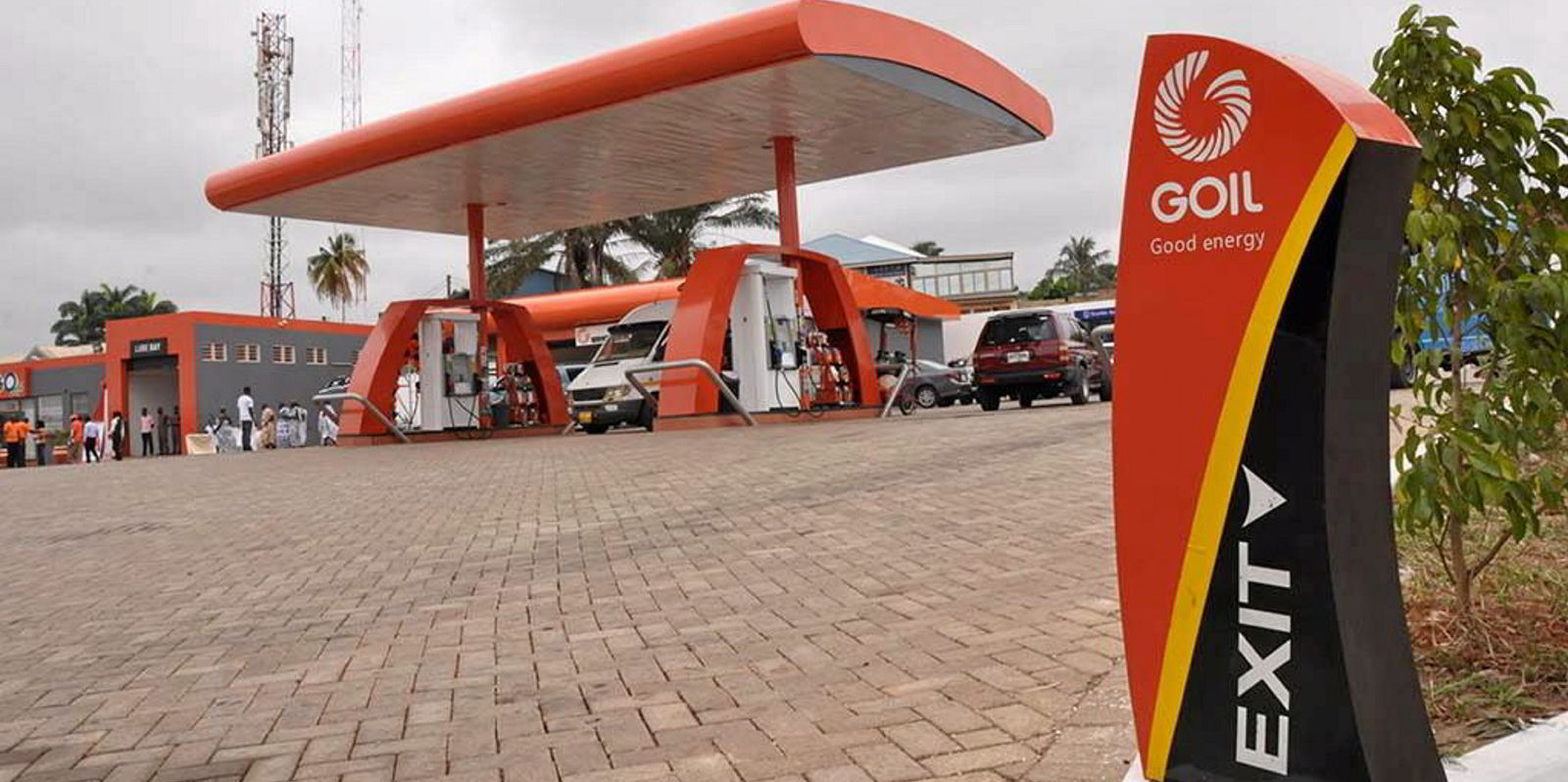Despite being an economic powerhouse in Africa, recently Ghana has experienced a complete economic downward spiral due to several government- caused factors.
Economic Growth
In 2017 with the election of Nana Akufo-Addo, the future of the country looked promising. Inflation rates dropped from 15.4 percent to 7.9 in just under three years mainly due to a booming oil export sector.
Economic Struggles
Although the oil sector seemingly promised long-term success, neglect for other areas such as agriculture inevitably led to economic downturn. As the country grew in GDP, the agricultural sector, which accounts for over 90 percent of Ghana’s food consumption, stayed stagnant. What resulted was a scarcity in certain goods that skyrocketed the aggregate price level of the country. Ghana went from a steady, single digit inflation rate before 2020 to now having an over 50 percent inflation rate. To further add to the dilemma, Ghana had recently enacted multiple public wellbeing projects such as free school lunches and eradicating many sales and property taxes, essentially making the government quite poor. Furthemrore, the government of Ghana is responsible for paying over half of its income to government workers.

Hope for the Future
The Ghanaian government is hopeful for the future. The general consensus among economists is that the government needs to be downsized, increase revenue, and find a solution to corruption.



